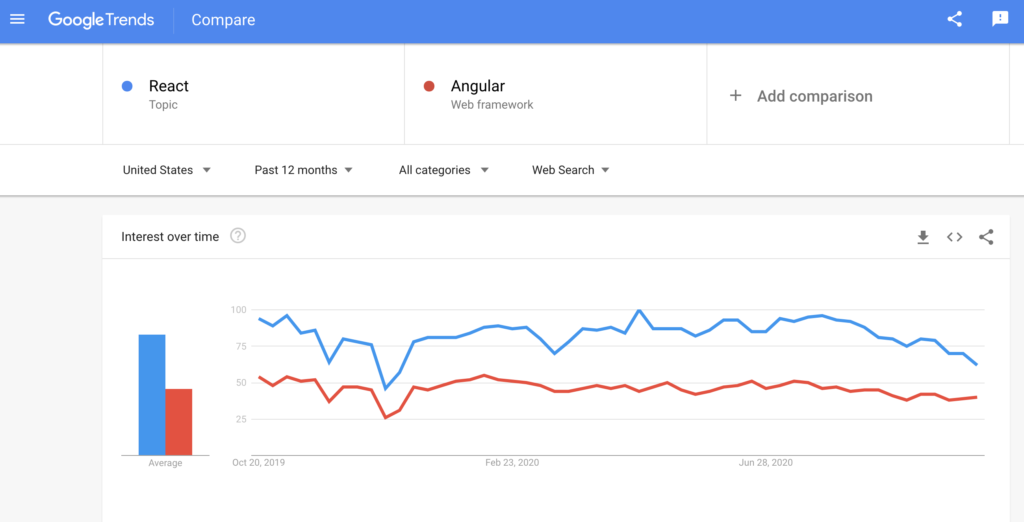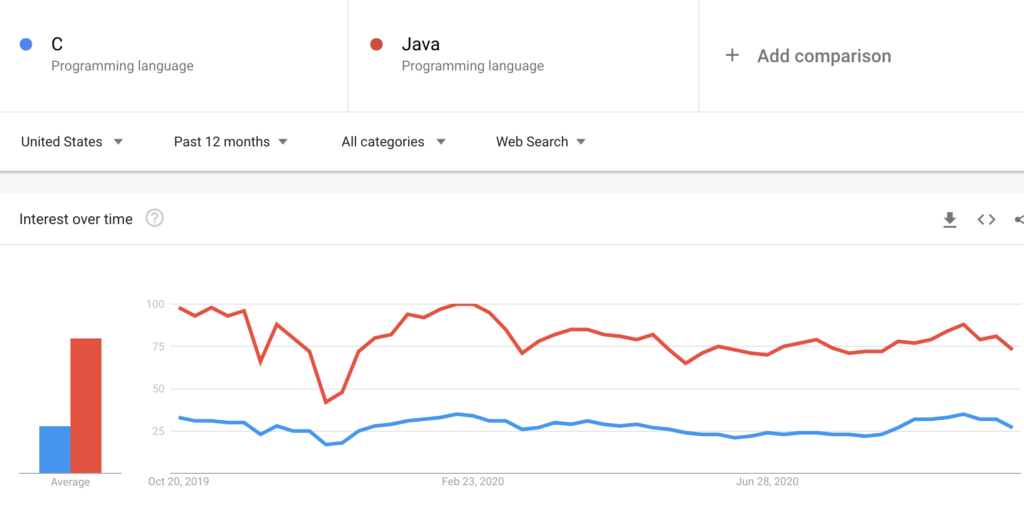
When we first join a job, we are concerned with one and one thing only: to deliver the optimal performance. I don’t think there is anything wrong with that, after all, this is what will keep us in the job and even though this is entirely accurate, it couldn’t be a worse plan. This plan overlooks the most important thing which is that us being technical doesn’t make us machines!
The thing that can make us super performance is establishing super good connections in the workplace. We can then have excellent performance and thrive. You should of course focus on performance but do realise that making too much stress over it doesn’t really help it. So, what is a better plan: Study the different personalities of people in the workplace. I will give you a few to know what to look for:-
The dream slave: I know the title is not very good, but it describes him very well. Yes, he like Martin Luther King has a dream. He wouldn’t settle until he sees it happen. For his dream, he is willing to do everything and anything and he prefers his dream over himself. He works for his dream essentially and he overlooks people and himself along the way and because he is not a realist, he is a visionary, more often than not his dreams are bumped hard against reality and he develops fears only to protect his dreams. He believes in the impossible and he seeks out to achieve it. He can be not super friendly and awkwardly dry, but please note that he is being as rough with himself as he is rough with you and he can’t help it. Don’t try to wake him up if you think that his dreams are not achievable because he wouldn’t take your word for it. He will only push further his way through and try to awe you by letting you see that his dreams were right. He has a very good heart, this is the only way he could tolerate the mistreatment and failures that come with his dreams. He is on a mission and he is a tool and so are you. Don’t take it personally, it is just who he is. He is usually interactive, fearful, worried and imaginative. Register him and try to deal with him in the best possible way and essentially make him like you and this can only happen when you know how to like him. There is no way around the human connection. Examples of dream slaves will be Apples’s Steve Jobs and Google’s Larry Page.
The nerdy cockroach: Oh, yeah! He is so nerdy. He is calm, nerdy, patient and a realist. He doesn’t care whether you see him or not, he is not very sociable. He just wants to survive and thrive and he is very pragmatic and intellectual. He uses his brain more than he uses his heart. He is ideas driven and not passion driven. In a stressful situation, he is the one who is least stressed and not related to the problem, calmly walking his way through the solution. Don’t disturb him with so many dreams, he is so practical for that. He is the one who will tell you: let us see what we can do about it and he would approach problems in the most practical way. He is not on a mission, he is very detached. And the more detached he becomes, the more practical and thoughtful he can become, and the more that he would be able to survive and survival comes as his first priority. People are usually angry at how calm he is and it will help to remember that this is who he is and he can’t really help it. He is naturally detached and anti-social, he doesn’t have to expend so much effort to get there and he doesn’t like the pressure of a dream. He is usually a book worm and he is not cool enough to hang around in a bar. And that is okay. Accept him for he he is and try to remember that he is fulfilling a different purpose than you and that is okay. An example of a nerdy cockroach would be Bill Gates.
The prestige seeker: yeah, this is who he is. He doesn’t want much of you, he just needs his respect. Always and always you must respect him even if you don’t love him, that is okay. But respect comes as his number one priority. He doesn’t like confrontations and he tries to avoid as many confrontations as he could manage and the moment that you force him into a confrontation, he is likely to feel incredibly bad about yourself as he strikes back. He would just leave you looking like an idiot. Yes, he would protect his dignity and prestige with all his might and this is his main driving force.
These are some of the personalities you might find in the workplace. Feel free to add to the list in the comments. But, do try to think about these things and try to find connection points rather than on just stressing about your performance. Other than that would be the upbringing of the bosses which will set the tone for the whole work culture. Did they come from humble beginnings, where their parents affluent. Obviously, all of this will come in one way or the other along your way and you should prepared for it. Do realise that there is nothing as a perfect upbringing although we all think that we have one and all upbringings have their advantages and disadvantages. For example, if the bosses come from humble beginnings, they would tend to make you scared all the time. You would think it is bad but you have got to realise that the best things that happened to them in their lives was when they were scared and this how they realised that fear was good. And try also to realise that their point of view is right. If you feel too secured, this is counter-productive. Try to accept it and try to love it.
The third connection that you need to establish is with the mission of the company: Do you think that their mission you are willing to defend or not. If not, just leave. After all, if you can’t voice it and you feel oppressed, you naturally will not be able to perform.
This is it for this blog, I hope to listen to your ideas in the comments.



